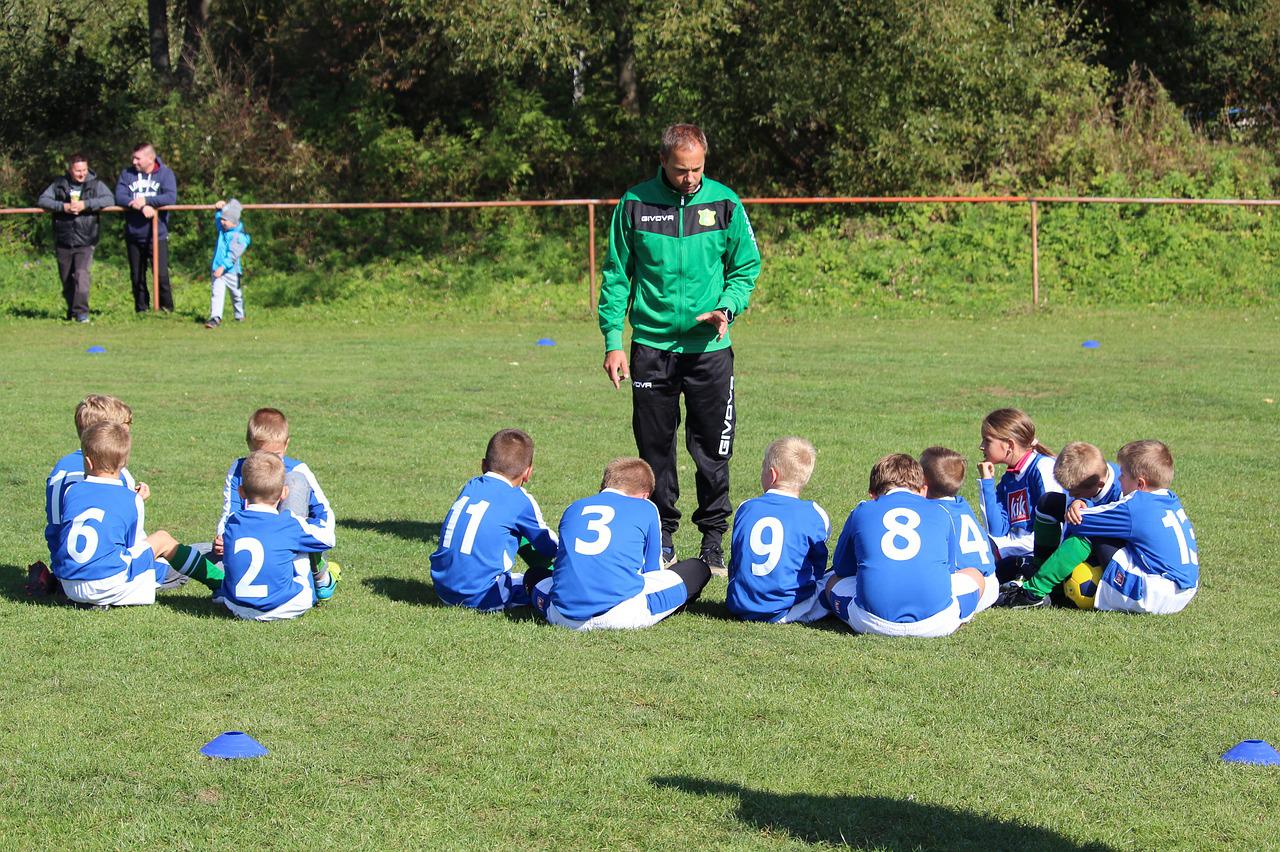
Unrealistic expectations, conflicting goals, perceptions of qualifications, and sideline interferences can lead to hostile relationships between parents and sporting coaches, according to a new analysis.
Research found the parties’ complex relationship is more than just whether the two sides can get along but is heavily influenced by the club environment and the wider community.
“Parents and sporting coaches both have a strong impact on a child’s sporting life, from positive motivation, personal development, and enjoyment to the negative consequences of parents behaving badly and coaches crossing the line,” says study lead author Kayleigh O’Donnell, a second-year PhD student in the at Flinders University.
“Despite this impact, the complex and sometimes heated relationship between the two is often overlooked.”
The study interviewed 10 parents and 10 sporting coaches across a range of sports, including Australian Rules football, netball, soccer and tennis. One main area identified as being likely to cause tension were perceptions of a coach’s qualification or credentials.

“There was a running theme that parents wanted to make sure a coach knew what they were doing and had the qualifications to do it, even if this was at the expense of suitable and often capable coaches,” says Ms O’Donnell.
“This could be especially difficult in regional settings where younger, more inexperienced people, often volunteers, had to take on the coaching mantle. It’s also exacerbated by the volunteer aspect of youth sport, with clubs and communities not seeing the need to develop formal or even informal coaching credentials.”
Having shared goals and expectations was also likely to help or hinder the parent-coach relationship, with communication such as social media key to ensuring everyone was on the same page.
“Conflict and disagreement commonly occur when parents and coaches misunderstand what the other is trying to achieve, keeping communication open and consistent helps to reduce this,” says Ms O’Donnell.
“While social media could bring about other challenges, including a rise in online abuse, it was generally seen as a helpful communication tool that reduced disagreements throughout a season, and kept both sides informed and updated.”
The analysis also explored how codes of conduct for parents and coaching credentials reinforced the perception that parents are overbearing, while coaches always know what they’re doing.
“Perhaps unsurprisingly, we found some coaches wanted minimal interactions from parents on the sidelines. While they conceded that parents are an extremely important part of sport, they preferred if parents were not involved to avoid any chance of conflict or disagreement,” says Ms O’Donnell.
“However, this reinforces the idea that a parent can’t make a helpful contribution, while coaches are the best qualified to coach, even when they are not best equipped to work with the emotional and developmental concerns parents may have.”
The research also explored the notion of a club intermediary – someone to communicate and work between parents and coaches – which could be seen to either assist in communication or further drive a divide between the two.
In some cases however, either as a specific role within a sporting club or through the use of social media, it was seen to encourage a positive relationship as it was able to facilitate a channel of communication that was not restricted by time, location, or parent and coach expectations.
“While further analysis is needed, including exploring how the players themselves view these relationships, our study shows the parent-coach dynamic is a unique one that is shaped by a variety of factors. Something clubs will need to consider when creating the ideal environment for all involved,” says Ms O’Donnell.
Top tips for clubs seeking to build stronger relationships between parents and coaches:
- Promote, value formal and informal skills and credentials of all coaches
- Consider the role of an intermediary to facilitate communication between parents and coaches
- Develop opportunities for parents and coaches to share goals, values, and expectations across the journey
- Support coaches to manage relational boundaries.
‘Exploring parent and coach relationships in youth sport: A qualitative study’ by Kayleigh O’Donnell, Sam Elliott and Murray Drummond is published in the journal Qualitative Research in Sport, Exercise and Health. DOI:





